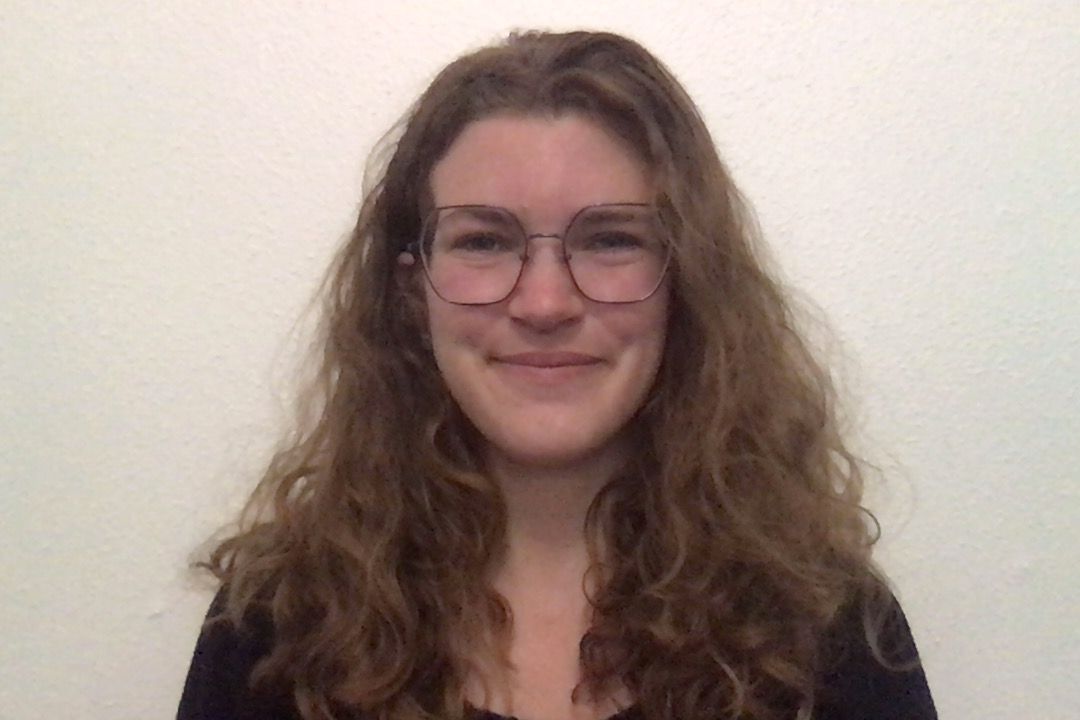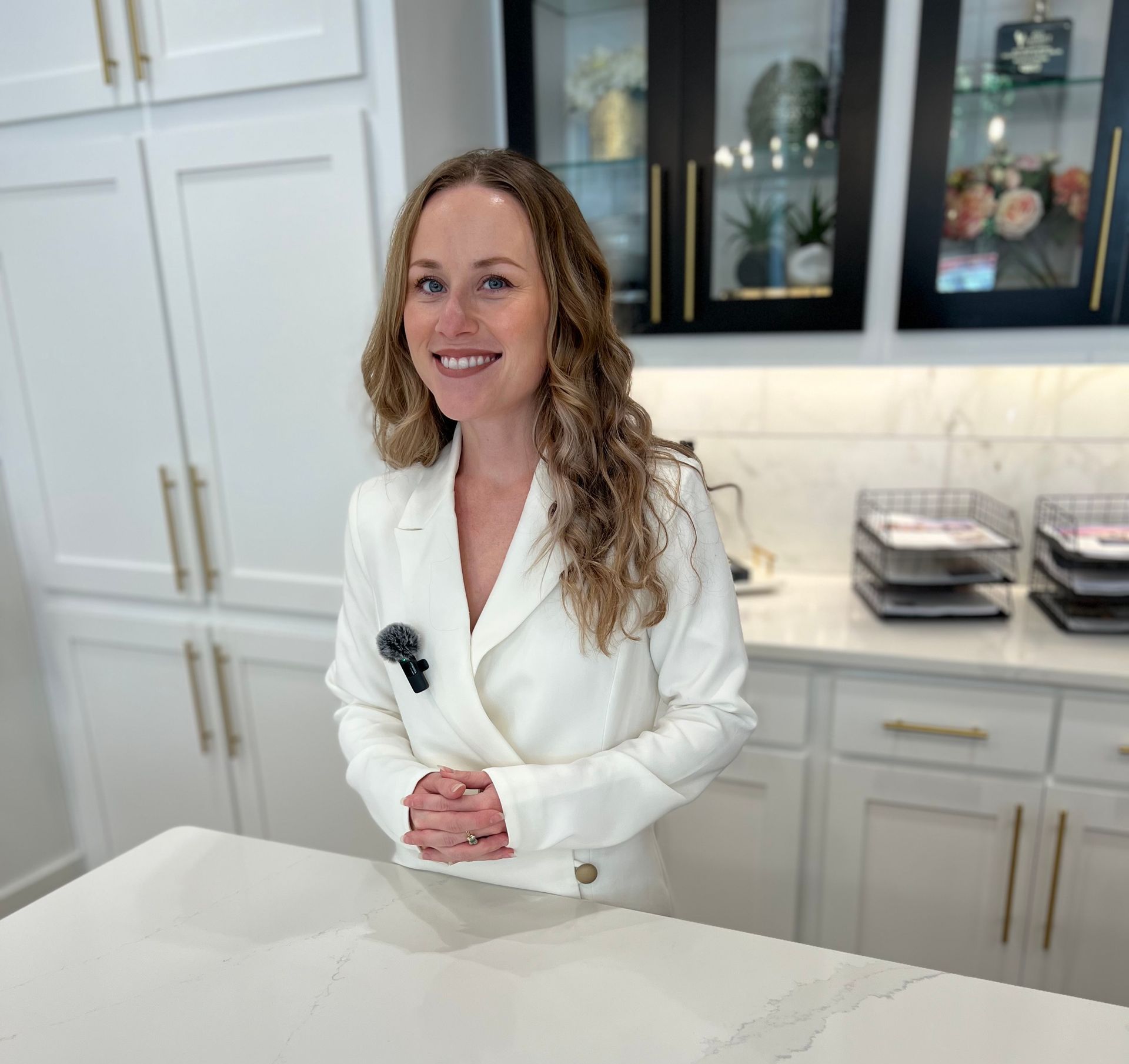May Advocate Spotlight
Anna Perhach

1. How long have you been an Advocate and when did you realize you wanted to become one?
I've been an advocate since October. I've wanted to be one since I was 18. And you can't be an advocate until you're 21, so I had to wait a couple of years. Helping kids is my favorite way to volunteer.
2. What is the most rewarding aspect of being an Advocate?
I enjoy going out and doing fun things with the kids. Being a ward of the state can be traumatic, but I hope that they come out of this with some good memories of this part of their life. 90% of the activities that I do with them, they say it's their first time ever. We've gone to museums including the Witte and Doseum, the aquarium, the zoo, frozen yogurt, Enchanted Rock, the Alamo and the Riverwalk, the movies, walking at parks, to CASA events, etc.
For me personally, I'm going to be a doctor, and I think this has made me a lot more comfortable calling CPS for families in the future. CPS tries really hard to work with families. Everything that CPS requires is free for families, whether it's counseling, or classes, or substance use treatment, or helping families get childcare. They do their best for the safety of kids and for helping parents recover from whatever their challenge is.
There is a whole squad of adults supporting these kids. Their ARD educational meetings were packed with me, CPS, their kinship placement, and a parent. The kids aren't going to fall through the cracks. They're supported not ignored. That's in part what CASA is for.
3. If you could offer some words of encouragement to your fellow and incoming Advocates, what would they be?
- Your supervisor can be a great resource for getting help and supplies. My supervisor helped me get beds and car seats for the kids.
- Build a relationship with the parents to be a better bridge between them and resources and to have a better understanding of the progress that they believe they've made. It's a work in progress.
- Show up to everything you can.
- The aquarium (for kids in foster care) and the Alamo are free. The museums are free some days a month. Frozen yogurt sold by weight and dispensed by small kids is expensive. Keep water and snacks on hand always.








